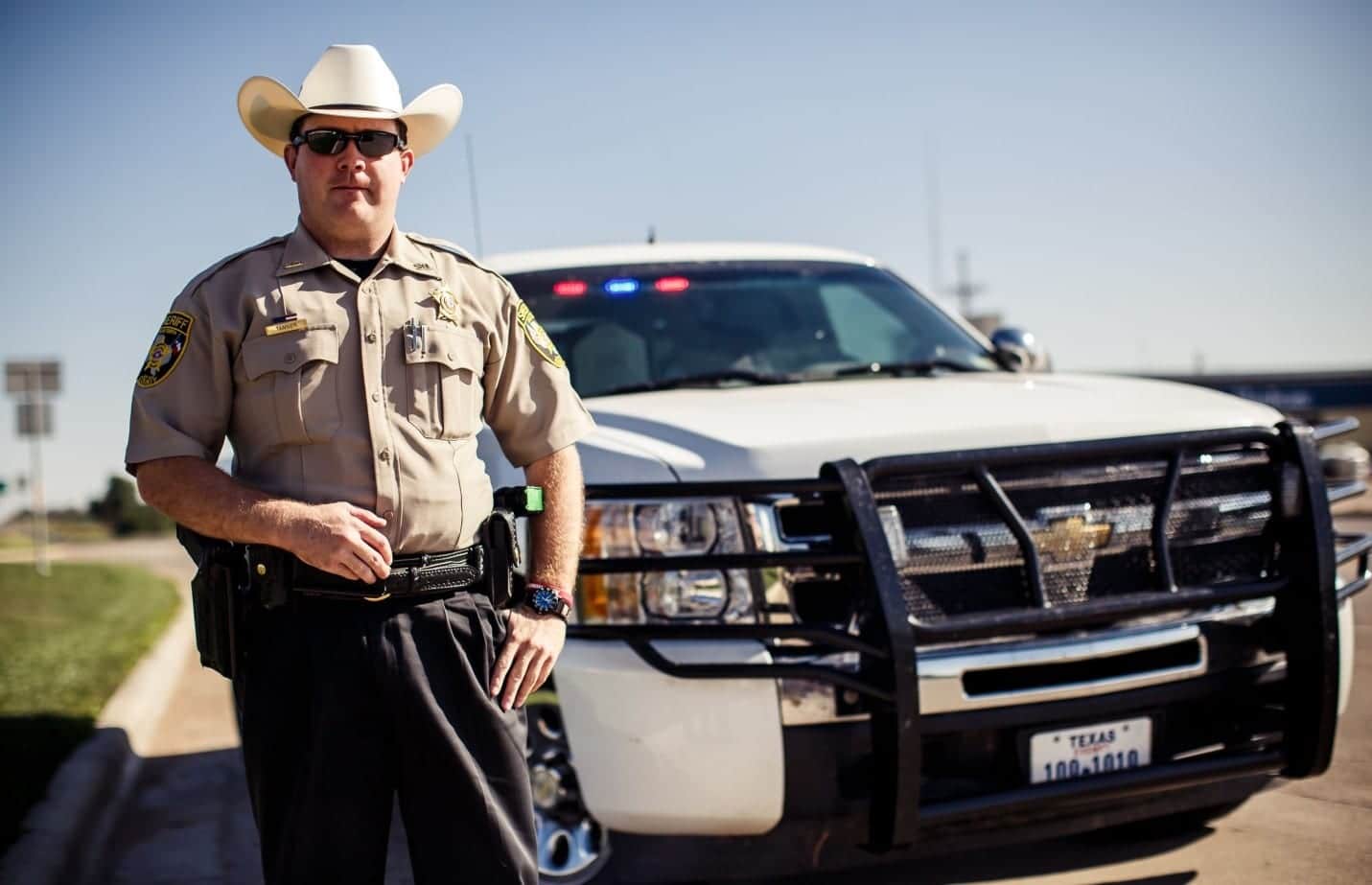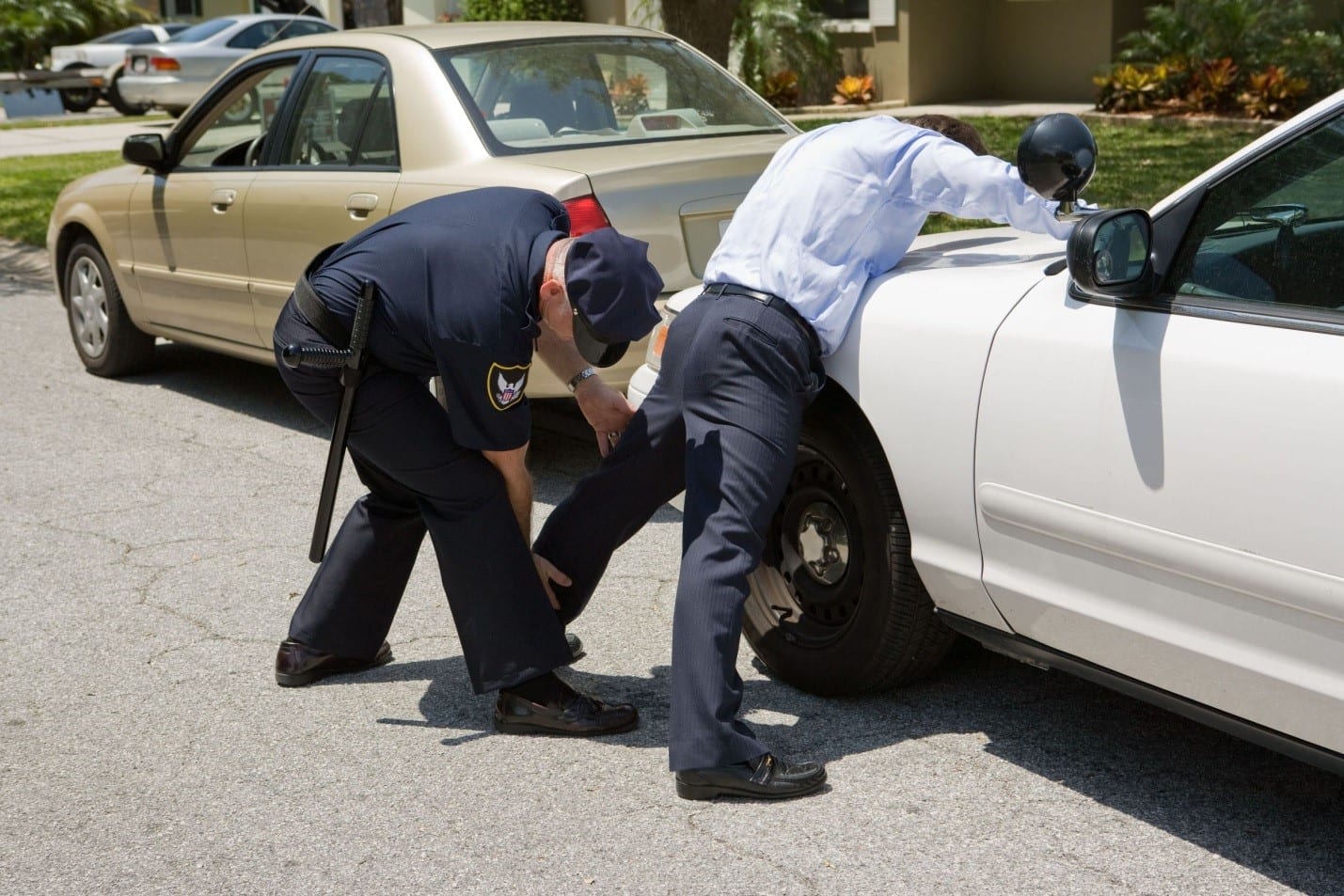The recent shootings of unarmed black men in Missouri and New York have awakened the public to a disturbingly prevalent problem in our country—police brutality. Police brutality refers to the use of physical, verbal, or psychological intimidation by an officer of the law. Far too often, American citizens have been physically abused or forced into a statement by corrupt police officers.
In an effort to combat this problem, many cities in North Carolina—Greensboro included—have started outfitting police officers with body cameras. In Greensboro, these cameras are small—a little over three inches in length—and can be attached to officers’ sunglasses or lapels. Cameras can record up to four hours of footage.
According to recent studies, reports of police brutality are reduced by half on shifts when officers wear cameras. In some cases, public complaints plunged as much as 80% after cameras were introduced.
The Benefits of Body Cameras
By requiring police to wear body cameras, officers are encouraged to practice more responsible law enforcement behaviors. Body cameras enforce accountability, while reminding police that their behavior and actions could be seen by the entire public. Individuals who are aware that they are being filmed tend to act more professionally and responsibly.
And cameras aren’t only necessary to prevent brutality. Body cameras can also help with documentation, providing access to an officer’s visual take on incidents. With video footage of incidents, juries have more evidence and are better equipped to determine what really happened. Body cameras can be beneficial to police officers, too, working to reduce the number of false allegations of aggression and violence.
Potential for Drawbacks
One of the major issues surrounding body cameras is the question of privacy rights. In most cases, you won’t be able to request that an officer turns off their camera, even if you prefer not to be recorded. Officers are instructed to keep cameras rolling during any situation that could become adversarial, including traffic stops.
This means if you happen to be doing the wrong thing at the wrong place at the wrong time, you could end up being caught on camera and find yourself in trouble. It’s important to keep this in mind when approaching an officer, even if you’re only asking a simple question.
However, while there may be some privacy concerns that need to be resolved, most local authorities believe the benefits of body cameras on police officers will far outweigh the problems. Body cameras can help prevent all kinds of different types of police brutality.
What Kind of Behavior Can Body Cameras Prevent?
Police brutality comes in many forms. The majority of them are physical, but some are verbal or psychological. Here are several of the most common:
Excessive force. Police officers are only permitted to use the amount of force that is reasonably needed to enforce the law. While officers may restrain a person who is armed, physically resists arrest, or has committed a violent crime, they may not harm an individual who is unarmed and obeying their directions. Even if a suspect is acting aggressively, an officer must cease using force once they’ve successfully restrained them.
Police intimidation. Police intimidation could include verbal abuse and threats.
Police discrimination. Police discrimination encompasses a wide range of unlawful behaviors, including racial profiling and verbal abuse instigated by someone’s gender, religion, or sexual orientation.
Police harassment. Police sexual misconduct and harassment are some of the most common complaints against officers. This type of police brutality could include on-duty sexual activity, sexual assault, and child molestation.
False arrest. It is unlawful for a police officer to arrest someone without a warrant or probable cause. Without either of these things, an officer taking someone into custody could constitute a false arrest.
Unreasonable search. Police officers may check for weapons at schools, airports, and certain other places, and perform pat-down searches at public places if they have reasonable suspicion someone has committed a crime. However, it is unlawful for an officer to enter homes without a warrant unless there are emergency circumstances, or conduct a strip search of someone who has been only been arrested for a misdemeanor.
Malicious prosecution. This type of case occurs when an officer begins a criminal proceeding out of malicious feelings rather than probable cause. According to the law, no one should be forced to endure the stress and expense of a criminal prosecution in the absence of a legitimate reason.
It can be particularly upsetting to suffer violent or aggressive treatment from a law officer—someone you thought was out to protect you. If you have been a victim of police brutality during an arrest or other encounter with an officer, don’t let the corrupt officer get away with it. Even those suspected of crimes have a right to fair treatment and human decency. Contact a top criminal lawyer, who can help protect your rights while furthering awareness of this grave problem in our nation.
About the Author
Attorney Mike Schlosser represents victims of personal injury, those charged with a crime, as well as those facing traffic charges. A former Guilford County, North Carolina District Attorney, Schlosser has been in private practice at the Law Firm of Schlosser & Pritchett since 1983 and has been a member of the North Carolina State Bar since 1973.










